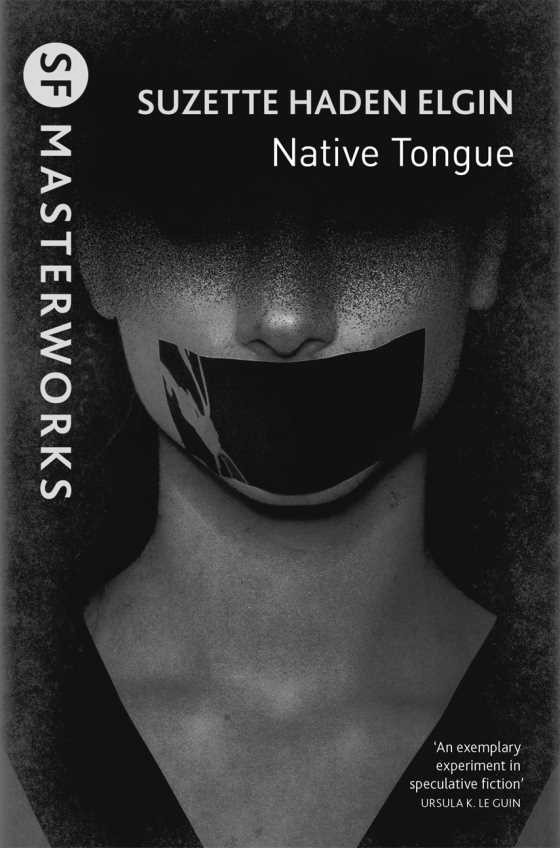

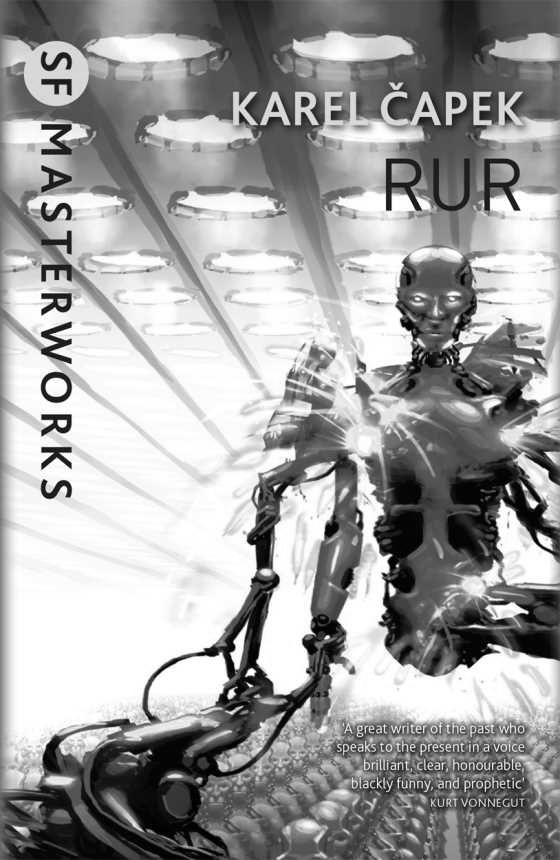 Firstly, this is not a story book, it is a play, and it’s written as a play. Which is not to say it’s bad, it’s just different from what one is used to in ones sci-fi.
Firstly, this is not a story book, it is a play, and it’s written as a play. Which is not to say it’s bad, it’s just different from what one is used to in ones sci-fi.
But i think the play part is where Karel doesn’t do the story, or his point, justice. Written as a play it’s just too hectic, too fast paced, with never ending characters just piling in their piece — basically, it’s the television of its day.
I think that most of what Karel was trying to say about the world and the future gets lost in a load of characters continuously having their say without any having any thoughts.
Yes, beware the robots, a metaphor for the means of production, because the hand that feeds us will eventually turn and bite us and destroy us all. But this point would have been made much better in a novel, but it is what it is.
For its time it is a great work of sci-fi, and also a direct critique upon humanity and society. And here we are 100 years after Karel wrote this and most people in the developed world are incapable of feeding themselves, clothing themselves, starting a real fire, making anything, etc.. We’ve sold our souls to technology and become completely dependent upon it. And whoever controls that technology controls humanity. That’s what is known as hydraulic despotism, or, as Baron Vladimir Harkonnen would say: ‘He who controls the spice, controls the universe.’
Final thoughts: Worth a quick read for all you anorak-ed, train spotting, sci-fi historians out there — but otherwise there’s not much point.

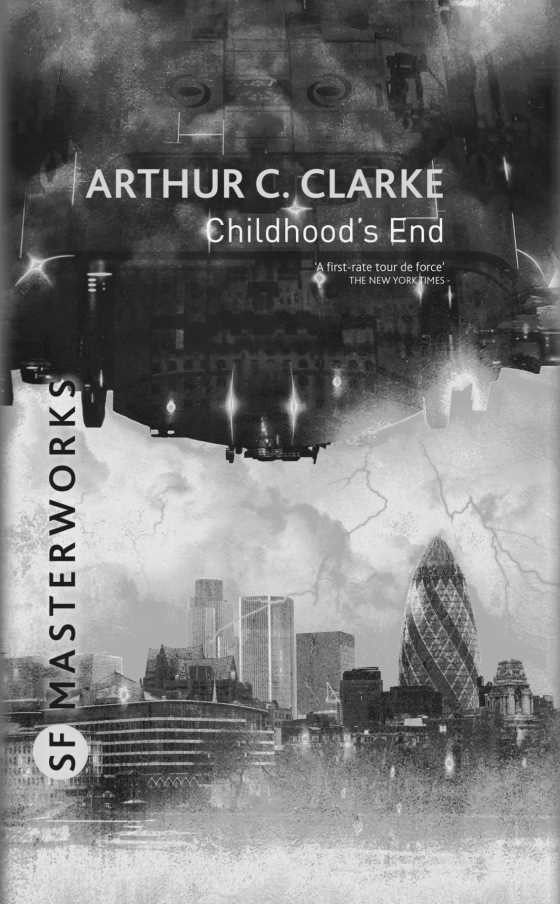 It’s not surprising that this book is part of the “Gollancz SF Masterworks” series. It really is a must read for all sci-fi fans as one of those early sci-fi books that set the standard for others to follow.
It’s not surprising that this book is part of the “Gollancz SF Masterworks” series. It really is a must read for all sci-fi fans as one of those early sci-fi books that set the standard for others to follow.
The prophetic nature of this book, while quite nail-on-head in some ways, is quite funny at times as to how short it actually fell. For example, Arthur thought that it would take aliens to bring an end to wars, giving humanity peace ever lasting before we gave up striving to improve our lives and instead spending hours every day watching pointless programs on TV:
Do you realize that every day something like five hundred hours of radio and TV pour out over the various channels? If you went without sleep and did nothing else, you could follow less than a twentieth of the entertainment that’s available at the turn of a switch! No wonder that people are becoming passive sponges — absorbing but never creating. Did you know that the average viewing time per person is now three hours a day? Soon people won’t be living their own lives any more. It will be a full-time job keeping up with the various family serials on TV!
And yet here we are 60 years after this book was published and while no aliens have given us peace on earth and eternal leisure people are watching far more TV than Arthur predicted for our age of enlightenment. The 2018 viewing figures for the UK is an average of over 4 hours a day. And that’s the average. Some people are watching far more than that as people like myself have no television at all and haven’t had for over 20 years.
No, it’s not going to take aliens to bring an end to Homo sapiens, the “wise man” is doing a really good job of its own demise without any outside assistance whatsoever:
In a few years, it will all be over, and the human race will have divided in twain. There is no way back, and no future for the world you know. All the hopes and dreams of your race are ended now. You have given birth to your successors, and it is your tragedy that you will never understand them — will never even be able to communicate with their minds. Indeed, they will not possess minds as you know them. They will be a single entity, as you yourselves are the sums of your myriad cells. You will not think them human, and you will be right.
Yes, we are becoming two separate species, with the old conservative Homo sapiens stuck in their ways, trying in vain to hold the world back while the progressive and future looking people are slowly evolving beyond the comprehension of those who cling to their ancient rights. It won’t be long now before Homo sapiens becomes extinct, because, as Arthur says, the stars are not for man.
All that said, it’s a great book. Wonderfully written, thought provoking, intelligent sci-fi for progressive and future looking people who look towards the stars instead of into televisions.

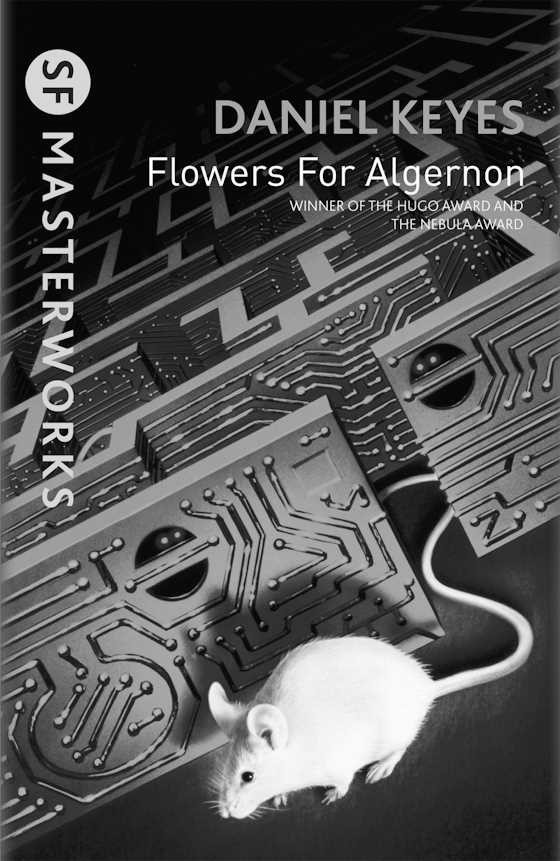 This book is incredible, and truly deserves all the accolades it has received.
This book is incredible, and truly deserves all the accolades it has received.
What i love about this book is that while the writing itself is simple and easy going, allowing the reader to just fall into the story without distraction, the story itself is incredible in its depth and scope.
I would definitely throw this book in with Black Swan Green into the teenage education syllabus.
Essentially a man with an IQ of 70 is given an operation and turned into a genius after the incredible success of performing the same procedure on a white mouse named Algernon. But where an isolated laboratory mouse appears a total success, a human being with a very challenging past that the new found intelligence has to come to terms with while navigating his way into a new life that he is completely unprepared for in every way, is a totally different story altogether.
For the first 15 years of my life i lived with a very damaged heart and was extremely ill and disabled, only to have my heart fixed at 15 and then left to come to terms with all that had happened to me. Needless to say, it didn’t go very well. And reading this book about a child who was extremely mentally disabled who suddenly gets fixed brought a lot of those old feelings from my own experiences back. At one point i almost gave up reading it, it became so upsetting. But the book is so well written and i just had to keep going to find out what happens to Charlie. I’m glad i did.
There is so much truth in this book about the way people are and how they treat those they perceive as lesser than, and also those they perceive as more than. Add to all that, there are also many parallels between Charlie’s story and the changes between drug addiction and sobriety. Which, again, i know from experience. There is, quite simply, a great deal for everyone to learn from this book.
And there’s also so much in this book that leaves me looking forward to reading it again in the future — after its percolated through my consciousness for a while — as i really don’t think one reading can ever do it the justice it deserves.
And that ending.

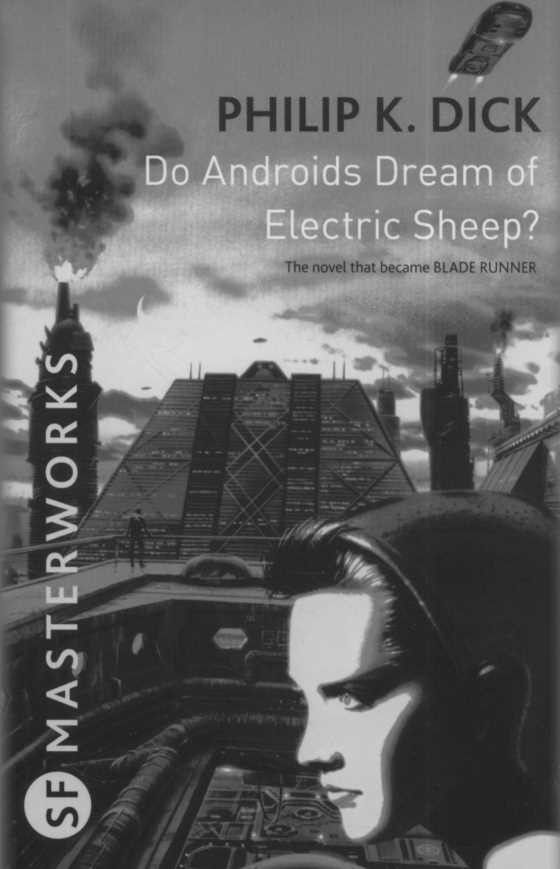 The book that inspired the film Blade Runner.
The book that inspired the film Blade Runner.
Click here for my previous thoughts on this book.
So my umpteenth time of reading this book, and each time it’s always a little different. My previous reading covered the What is real? thing, this time my focus was more on the Mercer thing with the Empathy Box. How Philip describes the continuous Sisyphean ritual of the followers of Mercer — which seems to be all of mankind.
The thing with Philip, at least for me, is that he didn’t write anything without a reason to it, and the Mercer thing is a large part of this story. Why? What’s the point he’s trying to make, what’s he want us to think about?
I feel that the Empathy Box experience would be similar to what Philip experienced with his meth use. To achieve the creative heights, bringing life, through empathy, to all his characters, that he would have gained using meth, only to crash down to the bottom afterwards with no way back up but to use more meth.
But Philip makes clear that all of mankind are in this ritual. That of climbing to tops of hills only to find themselves at the bottom again. And we see it everywhere. The guy who buys the fast car, but once he’s got it he’s just as unhappy as he ever was and now wants a faster car, or a yacht, or some other symbol of wealth to show to the rest of mankind.
And yet again, even in the Empathy Box, Philip brings us back to the main point of the story that i mentioned in my previous comments: that of what is real? Everyone is so convinced that the Empathy Box gives them a real genuine experience with Mercer, only at the end to be told that its all a hoax. But people won’t believe that its a hoax because they’ve invested too much into it and their lives are shaped by it, they’ve become addicted and to quit now would only leave them at the bottom of the hill with no way — that they know of — of getting back up the hill again without Mercer.
And so it was for Philip and his drug use. He was caught in the addiction and knew only how to create from within it. To quit his only known means to creativity, even when he realises that it’s all a hoax and none of it is really true, or real, is a step he couldn’t take.
So that’s my take on this reading. There’s definitely a lot of food for thought in the Empathy Box for all of us. Even if it’s just that morning coffee, you’re still a drug addict who can’t function without your cup of Empathy Box. But what you’re experiencing after drinking it cannot ever be real. Life becomes a corruption experienced through the over stimulated brain cells of a caffeine addict. But you need that coffee to climb your hill because you know of no other way — you have to keep up and share with everyone else, you all need to grab onto the handles of your morning coffee cups else you can’t be part of society, a society that is as sick, unwell and addicted to climbing that hill as you are. And even though there is no hill to climb, you all create one from your collective experience …
… it must be real if everyone’s doing it, right?

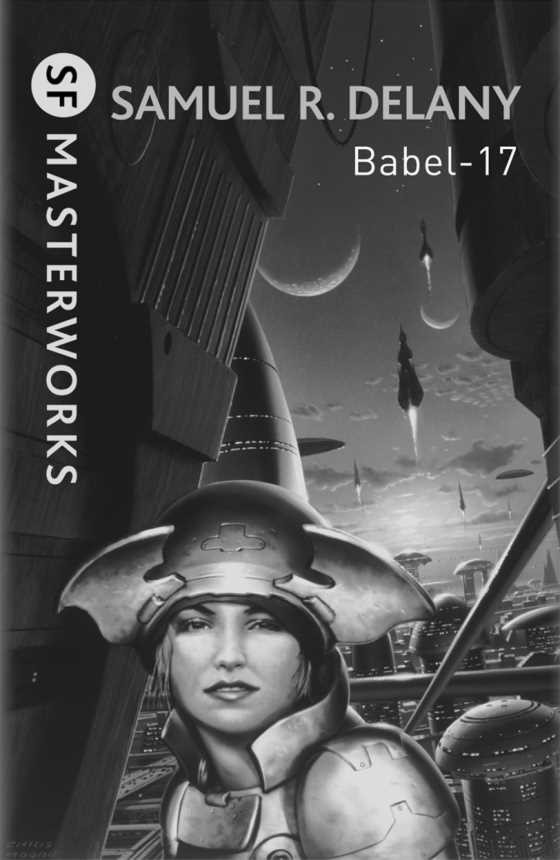 One of the most imaginative sci-fi novels i’ve ever read.
One of the most imaginative sci-fi novels i’ve ever read.
I only bought it because i was looking for a book i read about 30 years ago that i can’t remember the title of and thought this may have been it, but it wasn’t. But i’m certainly not disappointed to have picked up the wrong book.
There’s all kinds of sub-genres in sci-fi and i’m not really sure where this one would fit. It’s mostly a deep dive into linguistics, as in how words and language are used and the meanings they convey, and Samuel does a wonderful exploration throughout the book.
It also takes in the future body modification — some interesting things going in this book, and does bring to mind some amazing potential within current science for the future body mod industry. The real future is certainly going to be interesting.
Anyways, well worth a read, and definitely worth it’s place in the “SF Masterworks” series.
